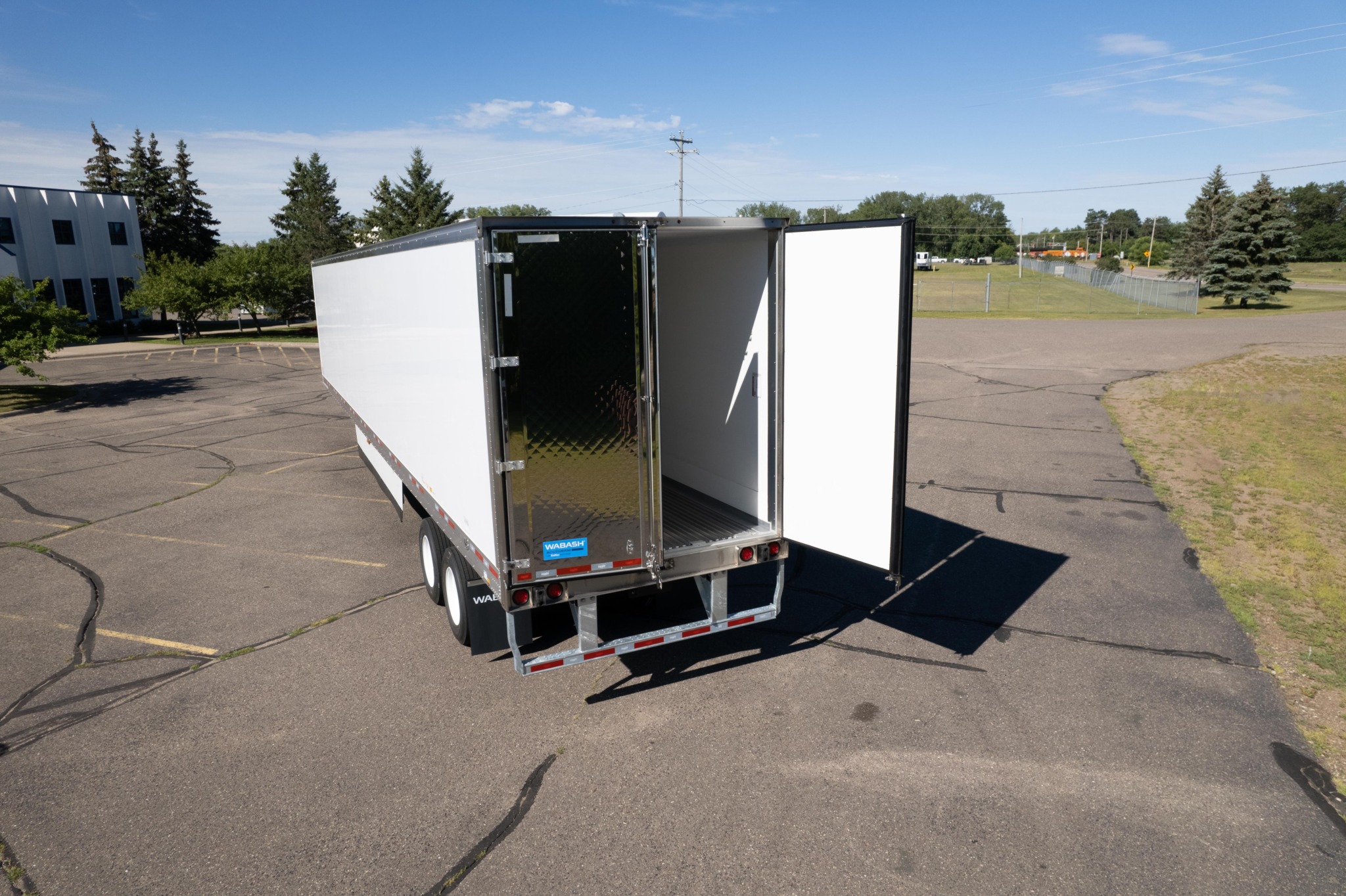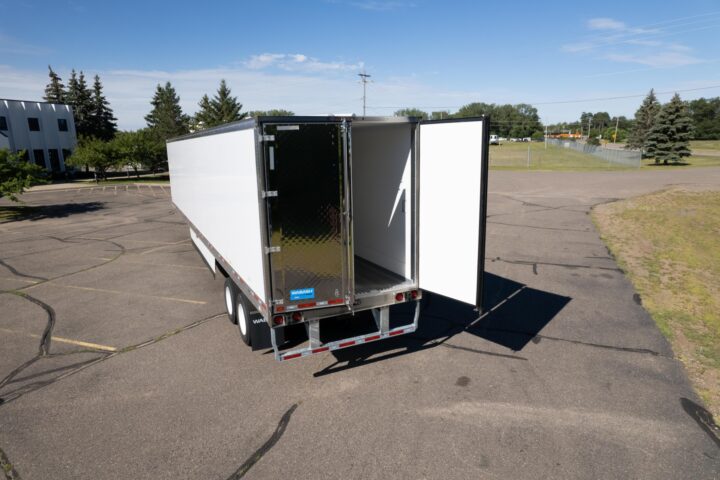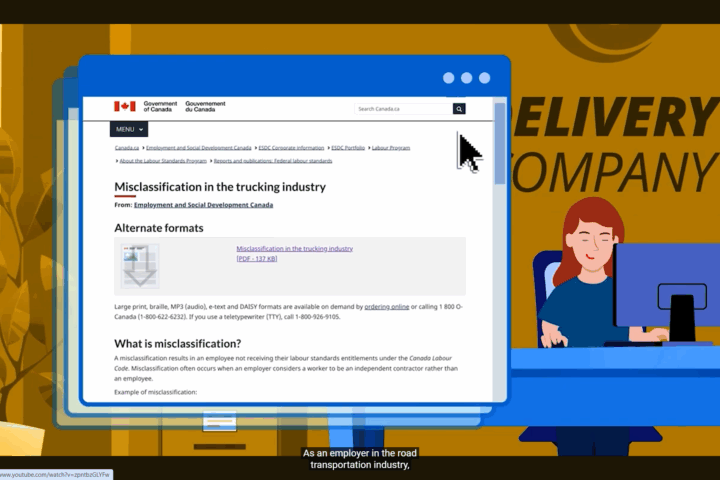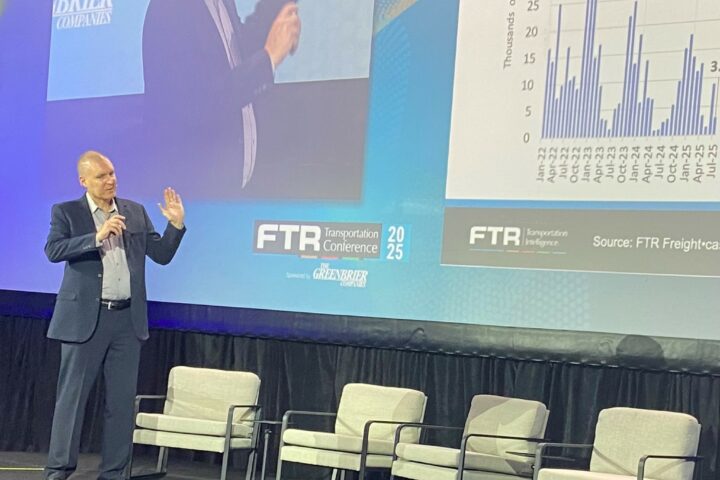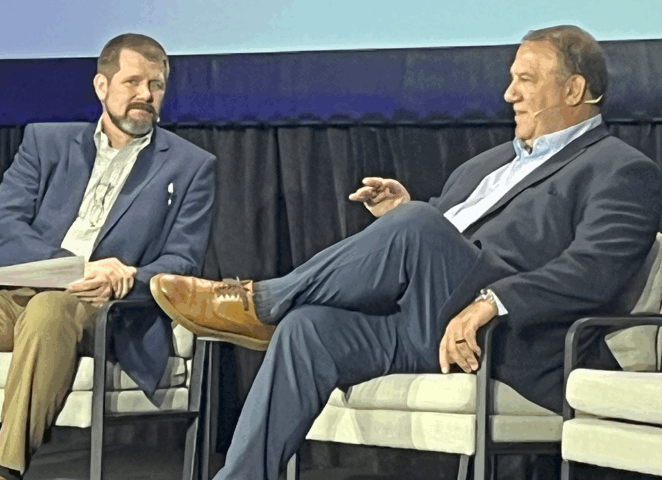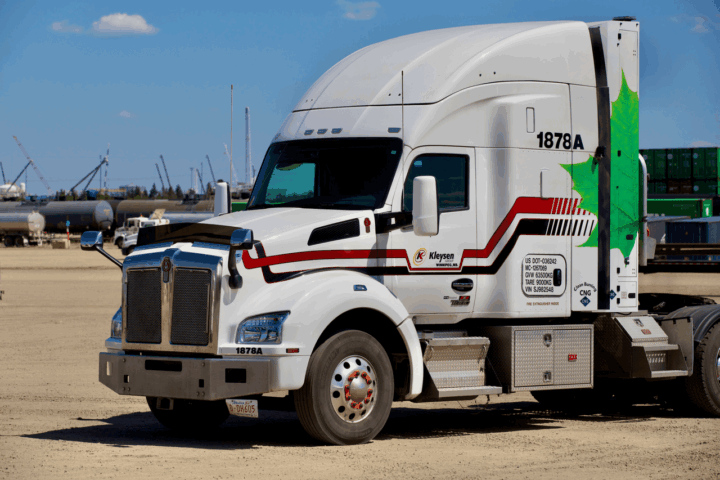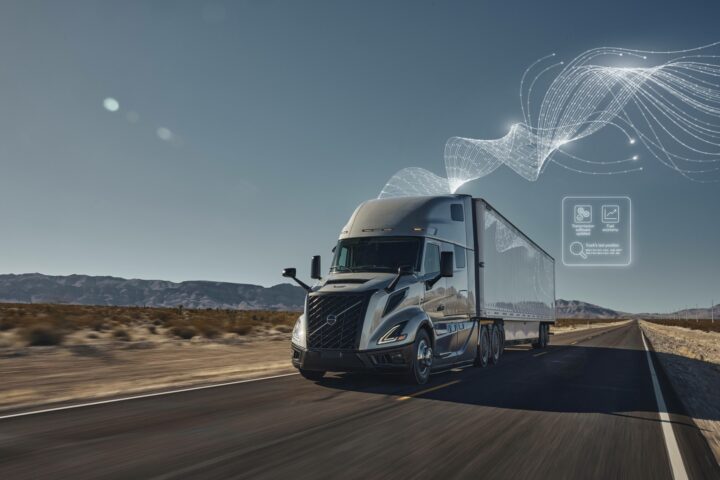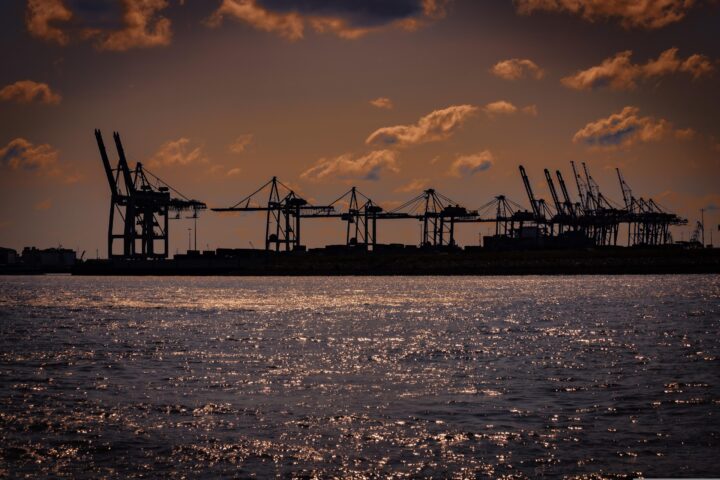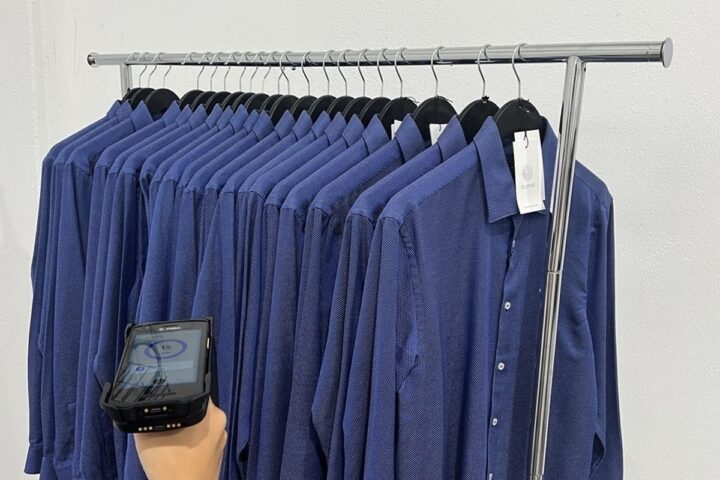Truck and trailer dealers have traditionally been able to weather the up-and-down cycles of the market because when sales are down and trade cycles are extended, there’s normally a corresponding increase in parts and service demand.
But this cycle is different. The expected service demand hasn’t materialized.
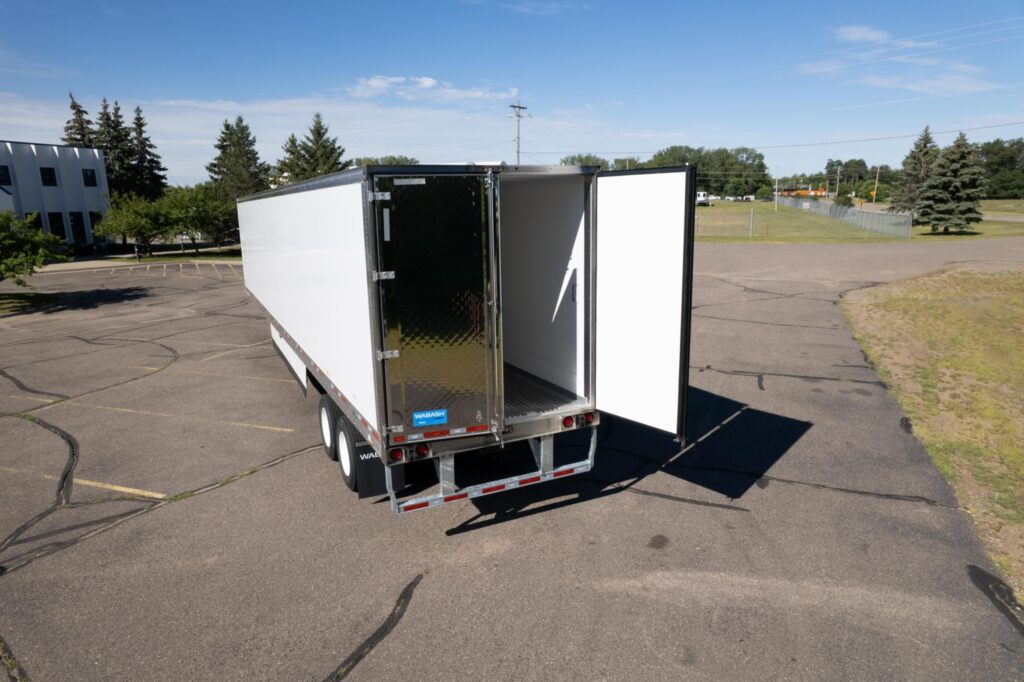
That, from dealers speaking at the FTR Transportation Conference in Indianapolis, Ind., this week.
“Equipment sales are down, OEMs are saying sales are down, but we have not seen the increase in our parts and service business,” said Mark Hall, general manager – trailers, with Stoops Freightliner and Quality Trailer. “You’d think if sales are down, you’d see an influx in parts and service. We have not seen that.”
Kyle Treadway, dealer principal at Kenworth Sales, agreed.
“Truck sales have been down about 35%, orders are down 40%, and parts and service – if you factor out inflation – is slightly down in single digits. If you add inflation in there, it’s flat.”
Fleets dealing with poor asset utilization in a weak demand environment may be parking unneeded trucks and pirating them for parts, the dealers offered as a possible explanation.
“Usually, parts and service hold up when we’re not selling trucks,” Treadway said.
Truck and trailer dealers are finding themselves in a tough spot as a result. And they’re also coping with near-record inventory levels. And those inventories aren’t always ideal, since fleets are scaling back on their equipment spend and eliminating the nice-to-have spec’s dealers ordered for stock.
“With freight rates being depressed, our customers are looking at equipment and saying ‘Do I really need the [tire inflation] system or side skirts? They’re looking at their equipment spec’ and trying to match it to what freight rates are,” Hall said of trailer buyers.
To make matters worse, they can’t offer firm pricing to those customers who are buying due to the ever-moving tariff situation, bringing back unpleasant memories from the post-Covid supply chain crisis, when demand outpaced available supply.
“During Covid, with the supply chain constraints, we had to go back to customers four times and increase the price each time,” said Treadway. “Each time we had a very difficult conversation, and it damaged a lot of long-term relationships. Those four times we had to go back to customers and up the price was really painful. We are still feeling the ramifications.”
For now, the dealers lean on their OEM partners for support, while being cautious about adding too much inventory for fear the tariffs will be suddenly removed, leaving them with units they’ve already paid tariffs on.
“We will already have paid for it and if the tariffs go away, we immediately have a problem,” Treadway said.
“If we order that inventory, we have to figure out how to move it – whether we sell it at a loss or make money on it – so we’re not going to take on inventory we don’t have to,” agreed Hall.
The finance companies are also protecting themselves by refusing to finance the tariff surcharge, added Treadway. To adapt, dealers are shifting their mix of built-to-order (BTO) versus stock units. In Stoops’ case, so drastically that Hall wants to shift from a 30/70 BTO/inventory mix to 70/30 BTO/inventory. It has been investing in educating its salespeople to achieve that goal.
“We thought we had a pretty good idea what they wanted for spec’s when we ordered inventory,” said Hall of his customer base. “So, we have a lot of inventory with all the bells and whistles and now they’re saying ‘I can’t afford it.’ Now, what do I do with this inventory?”
Treadway said the OEMs are helping where they can, offering discounts to dealers “so we can market some of that less desirable componentry.”
But, Hall said of the current market, “It can’t say down forever. Downturns happen for a reason. It forces you to take a look at your business when normally you wouldn’t look at it. The positive that will come out of it is we are investing in our employees.”
“This is the time for us, in a downturn, to invest in our people and also invest in our facilities,” agreed Treadway.

